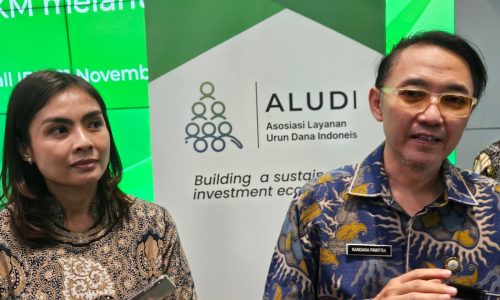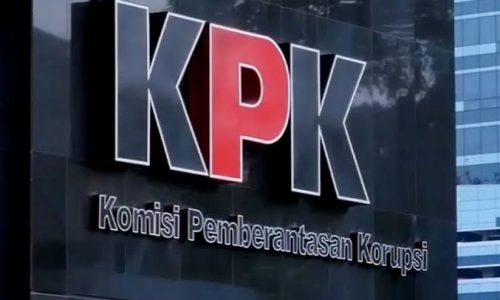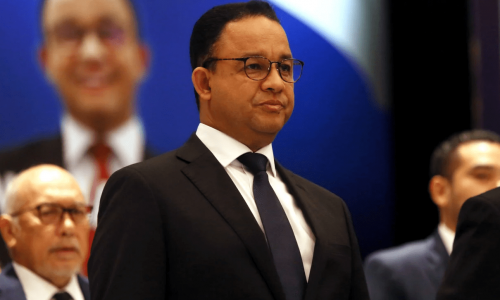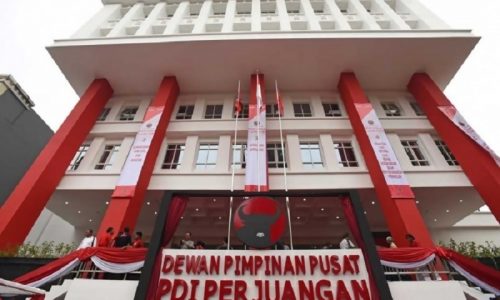Jakarta − The Centre for Research Energy and Clear Air (CREA) said that the economic burden related to air pollution from the operation of three coal-based power plants (PLTUs) in West Java and Banten reached US$885 million (Rp13.1 trillion) per year.
According to CREA, these costs arise from the increased risk and incidence of respiratory diseases, as well as decreased economic productivity. Meanwhile, in terms of deaths, the operation of the three coal-fired power plants − Cirebon 1, Pelabuhan Ratu 1-3, and Suralaya 1-4 − causes up to 1,263 deaths every year.
These findings were revealed by CREA Analyst Katherine Hasan in a Media-Expert Panel themed “PLTU and its Burden on the Health and Economy of Jabodetabek Residents” in Jakarta as quoted on Firday, July 28, 2024.
Katherine said the economic burden of the Cirebon 1 coal-fired power plant reached US$308 million; Pelabuhan Ratu 1-3 coal-fired power plant reached US$293 million; while PLTU Suralaya 1-4 was worth US$284 million. In terms of deaths, air pollutant emissions from PLTU Cirebon 1 caused 441 deaths, PLTU Pelabuhan Ratu 1-3 caused 421 deaths, while PLTU Suralaya 1-4 caused 401 deaths.
Based on CREA’s latest research titled “Health and Economic Benefits of Early Retirement of the First Coal Plant Under Indonesia’s JETP”, the two pilot projects included in the JETP CIPP were only able to partially address air pollution from coal-fired power plants. If the 10 plants with the highest health impacts as well as the two oldest operating complexes located on Java Island could be targeted as early retirement, Indonesia would avoid about five times the future impacts.
Currently, the operation of high-impact power plants around Java is estimated to cause 6,928 deaths due to air pollution impacts and cost the economy US$4.8 billion (Rp71.3 trillion) annually.
“As an economy develops, a country should theoretically be able to provide adequate essential health services to its citizens. In terms of health impacts related to air pollution from any source of emissions, including coal-fired power plants, it can be argued that all negative health impacts ultimately cost taxpayers. This burden includes costs to the state and individuals, from health costs, reduced productivity, and the risk of premature death,” Katherine said.
“The government can enforce the “polluter pays” principle where the polluter pays for the cost of controlling pollution as well as the impacts caused by the pollution released. Ultimately, it is the government or state that has authority over public welfare spending, and also has the power to prevent the release of pollution that is harmful to health for the protection of its people,” she emphasised.
Meanwhile, Program Director of Health for Earth (KEBUMI), Raynaldy Budhy Prabowo, said that the risk factors for lung disease due to exposure to air pollution continue to increase. The risk factor for COPD from air pollution is now at a level of 22.4-36.6 percent, while asthma is recorded at a level of 27.95 percent. Meanwhile, pneumonia is at 10-32 percent, lung cancer at 3-12.5 percent, and tuberculosis (TB) at 1.2-12.2 percent.
Based on these data, Raynaldy hopes that in the future health workers can be better prepared to mitigate the impacts of climate change, including air pollution. To help health workers understand and encourage active participation according to the principles of promotive, preventive, curative, and rehabilitative.
“Our country uses a mutual health insurance system that involves community participation. So that the health impacts that arise are actually a joint problem for the government and the community. Therefore, in an effort to mitigate potential health impacts, the government and managers should also invite the involvement of health professional organisations and affected communities so that the burden that arises does not cause inequality,” Raynaldy said.









